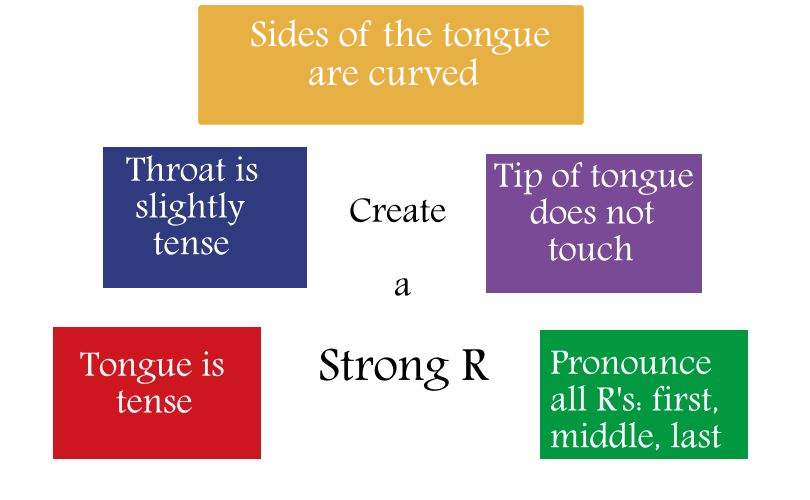

Try to catch the ending sounds or recognize silent letters, as well as how they are stressed, etc.


A small note is that these tips are suitable for not only beginners, but also good learners wanting to perfect their pronunciation.īefore learning to pronounce words correctly, practice listening a lot to news or audio books undertaken by native speakers, who have the standard pronunciation. Therefore, correct pronunciation is really important, and that is also why this post is written to give you a step-by-step guide to your problems. Then you can compare the two and see what you did differently, and try again.How many times have you heard these following responses: “Sorry?” or “Can you repeat that, please?”, and have been struggling to find a way to improve your speaking skills? Specifically, do you realize that the main problem is about your pronunciation, which has a significant influence on how far others understand you as well as their initial impression of you? Indeed, if you make a lot of grammatical mistakes yet have a good pronunciation, you can still get your message conveyed, while the case with those who do not pronounce words properly is quite the opposite. You could find a clip of someone speaking English and then record yourself saying the same words. So try recording your speech (using your smartphone or tablet) and making a note of specific aspects you’d like to improve – use a device with a camera because it’s important to see how you speak, not only hear it. When you’re concentrating on communicating, it’s sometimes difficult to hear errors in your own pronunciation.
How to learn english pronunciation how to#
Close your eyes and think about how to make a sound before saying it, then practise by repeating the facial shapes and words. You can also watch how other people pronounce words – try paying attention during a conversation, or following along with actors on television shows. Once you know this, it’s easier to say words like “think”. For example, to make the “th” sound, put your tongue between your top and bottom teeth and push the air out of your mouth. When you practise speaking, notice how your mouth, lips and tongue move and how they affect the way you pronounce a word.

Now practise how to say each syllable of the word you want to pronounce, and then join it all together. For example, “bicycle” has three syllables: “bi-cy-cle”. Each time your chin touches your hand, that’s a syllable. To check how many syllables a word has, place your hand flat just under your chin. Words are made up of syllables, or parts, and this can make them easier to pronounce. Speaking slowly will allow you to think about what you want to say. Take your English conversations at your own pace – the person you are talking to will recognise that you are learning the language and be patient. Speaking too quickly can create – and reinforce – errors and bad habits, and you won’t necessarily recognise where you are making mistakes. It may seem that people talking another language are speaking really quickly, but you don’t have to match their speed. We have some tips to help you improve your English pronunciation… 1. Once you have learnt the vocabulary and grammar, speaking English is the skill you’ll need to keep practising. So, remember, no matter how many times someone says “what?” or “can you say that again?” to you, stay confident and keep talking.Īccurate pronunciation is important when you are learning a language – after all, it’s essential that other people can understand you. Practising will only help your English speaking skills to improve more and more. It can sometimes feel a bit scary to start speaking to someone in your non-native language, but it’s great that you’re taking the step and trying to do it. Having conversations in English is a great way to practise your language speaking skills.


 0 kommentar(er)
0 kommentar(er)
